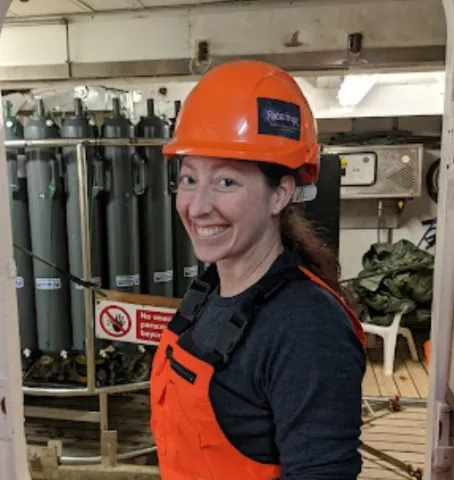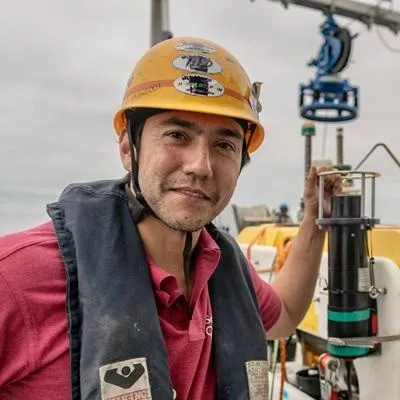About the project
Autonomous underwater vehicles (AUVs) are becoming increasingly widespread in ocean science as sensor platforms to obtain data with minimal human input and maximum efficiency (and hence reduce carbon footprint). They also offer capability to explore environments that are inaccessible to humans for practical or safety reasons (e.g. around and under sea ice and marine-terminating glaciers).
While larger AUVs can be deployed with a large sensor payload, they are expensive to maintain and operate. Conversely micro-AUVs (e.g. ecoSub, Seaber) are operable by a single person. Their small size means they are much cheaper and can be deployed in much larger numbers - increasing the opportunities for use.
While there are a wide range of AUV sensors for physical parameters, the options are more limited for biogeochemical data. This problem is especially acute for micro-AUVs where small size creates strict requirements on size and power consumption and limits options. This project looks to exploit new technologies for micro-AUVs that enable biogeochemical measurements, and explore the scientific niches that micro-AUVs can be used for – for example the relative low cost of micro-AUVs makes them excellent candidates for work at marine terminating glaciers where ice fall is a risk


